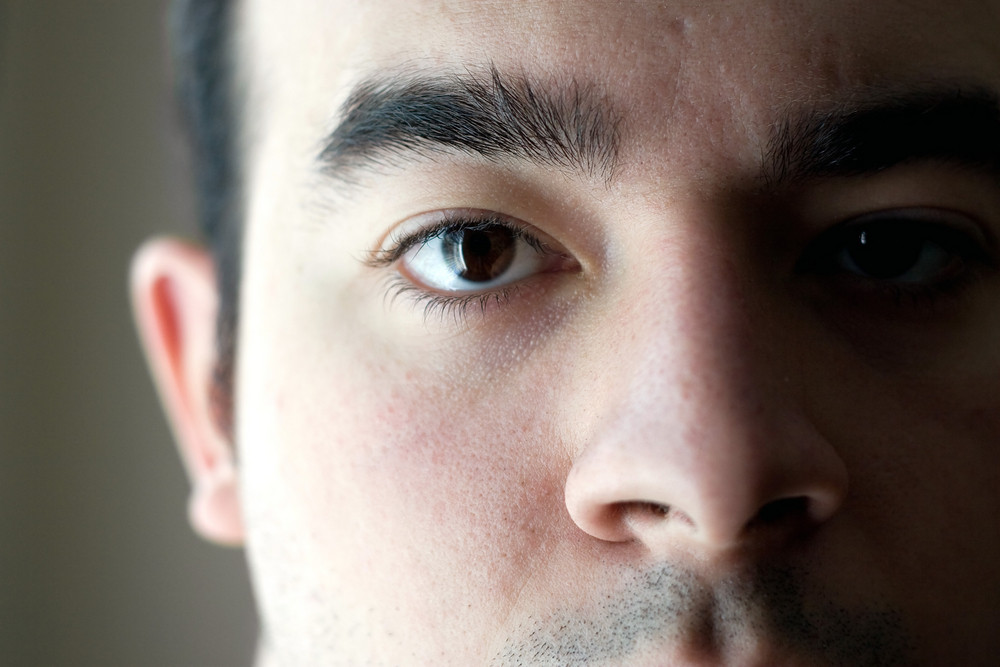What to Expect From PRK Surgery
Photorefractive Keratectomy (PRK) is a type of refractive eye surgery designed to correct vision issues such as myopia (nearsightedness), hyperopia (farsightedness), and astigmatism. As one of the predecessors to LASIK, PRK has been a reliable option for patients seeking freedom from glasses or contact lenses. If you’re considering this procedure, one of the key questions you might have is, “How long does PRK last?” Here’s what you need to know about the procedure, recovery, and long-term outcomes.
Understanding PRK Surgery
PRK works by reshaping the cornea using an excimer laser, which allows light entering the eye to be properly focused onto the retina for clearer vision. Unlike LASIK, PRK does not involve creating a corneal flap. Instead, the outer layer of the cornea (the epithelium) is gently removed to access the underlying corneal tissue. This difference makes PRK a suitable option for patients with thin corneas or those engaged in contact sports or professions that increase the risk of facial trauma.
The Procedure
PRK is an outpatient procedure that typically takes about 15 minutes for both eyes. Anesthetic drops are used to numb the eyes, ensuring a pain-free experience. Patients may feel pressure but no discomfort during the surgery. After the procedure, a soft contact lens is placed on the cornea to act as a bandage, helping the epithelium to heal.
Recovery and Healing
Recovery from PRK is generally longer than LASIK due to the removal of the epithelial layer. Patients often experience mild to moderate discomfort, light sensitivity, and blurriness during the first few days post-surgery. It’s crucial to follow your surgeon’s aftercare instructions, including using prescribed eye drops to prevent infection and aid healing.
Vision improvement is noticeable within a week, but optimal results can take a few weeks to several months as the eye heals. It’s important for patients to have realistic expectations and patience during the recovery period.
Longevity of Results
So, how long does PRK last? The results of PRK surgery are considered permanent. The correction made to the corneal tissue does not diminish over time. However, it’s important to note that PRK does not halt the natural aging process of the eyes. Conditions like presbyopia (age-related farsightedness) and cataracts will still occur as part of the aging process, potentially necessitating additional corrective measures or surgery in the future.
PRK surgery offers a long-lasting solution for correcting refractive errors, with many patients achieving 20/20 vision or better after recovery. While the initial recovery period may be longer compared to other refractive surgeries, the permanent improvement in vision and the suitability for a wider range of patients make PRK a valuable option. As with any surgical procedure, consulting with a qualified ophthalmologist to discuss your specific needs and expectations is crucial to achieving the best outcome.

